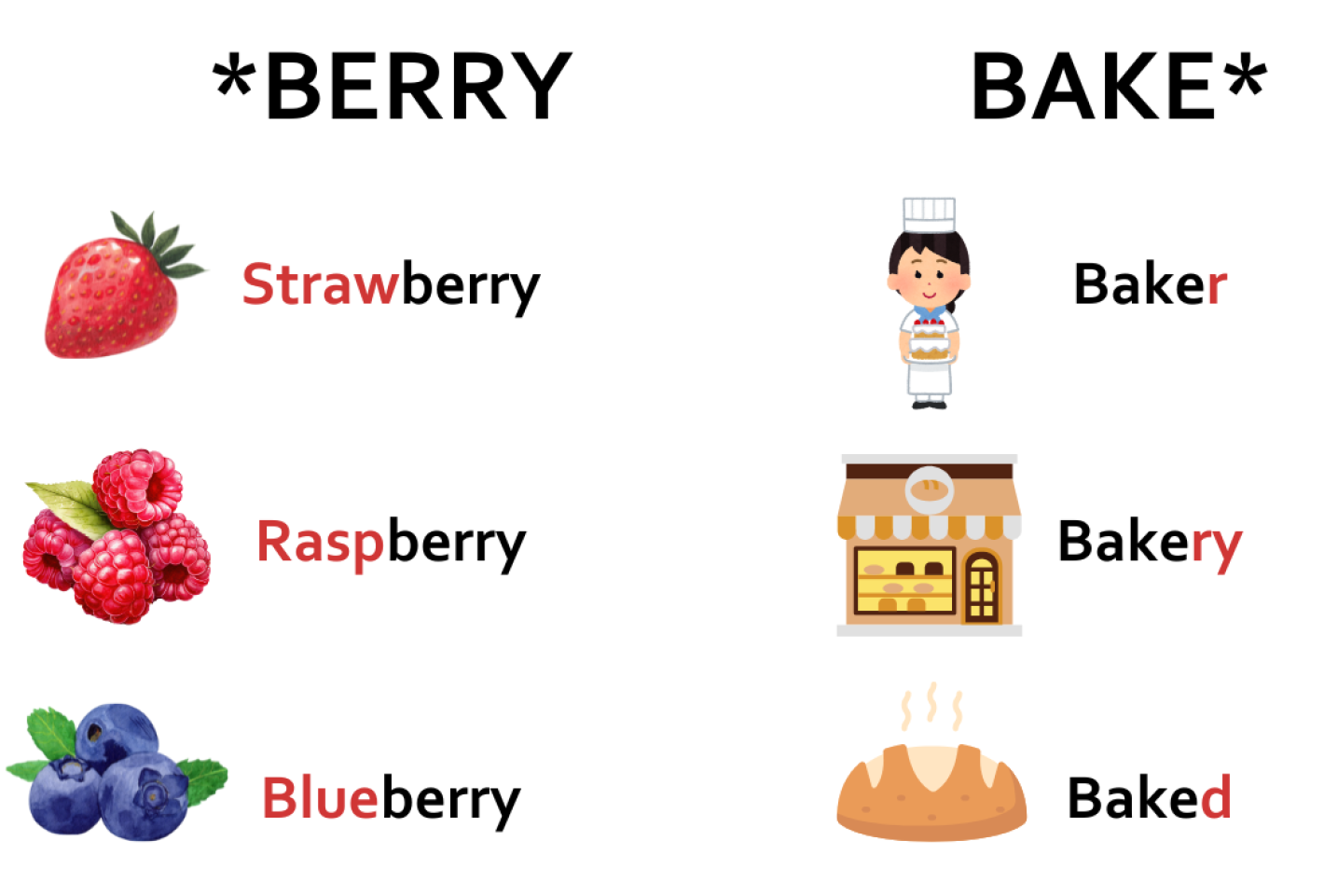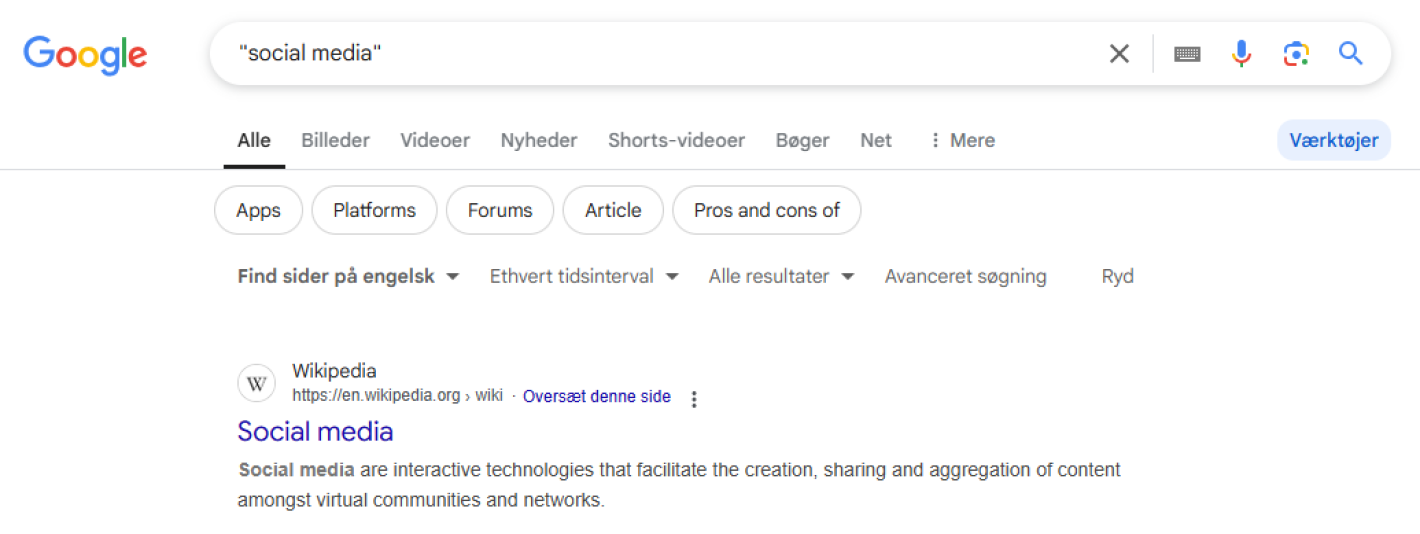Truncation and Phrase Search
Truncation
You can use truncation when you want to search for multiple variants of a word's grammatical endings or other word endings.
This is called right truncation and is done by putting an asterisk (*) after the stem of a word and then searching for all possible endings of that word. It's useful because most databases ONLY search for what you ask them to.
Example: bak*: baking, baked, baker, bakes…
You can also left-truncate and search for different word beginnings. This doesn’t work in all databases but give it a try.
Usually, you’ll use an asterisk to truncate, but some databases use question marks (?).

Phrase search
Phrase searching is useful when you want to search for two or more words in a specific order.
For example, if you search the term social media the database might return results where the two words are separate.
If you put quotation marks before and after the phrase, you’re telling the database that the two words need to be next to each other in the search results.
Example: “social media”
Try typing the phrase with and without quotation marks in Google or the library database to see the difference.
